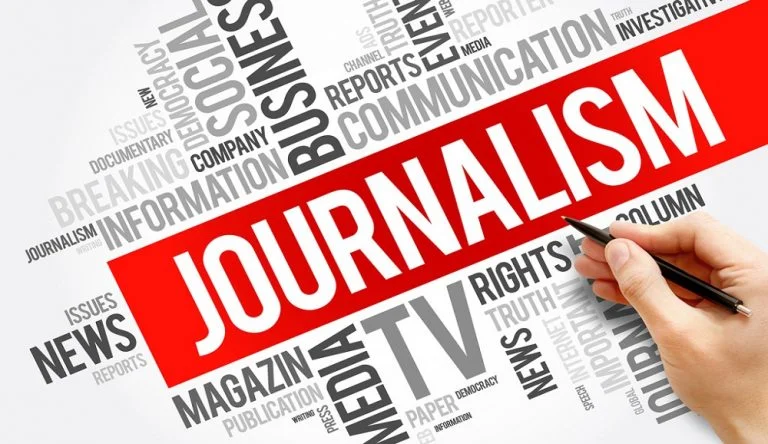In today’s information-saturated world, the line between truth and falsehood is often blurry, making the role of journalism more critical than ever. In such situations, the likelihood of defamation rises, a bad place for individuals and the media to find themselves in. Defamation, as defined by Merriam-Webster, is the act of communicating false statements that harm an individual’s reputation. Defamation undermines the very foundation of trust that journalism seeks to build. True journalism, in contrast, is committed to accuracy, integrity, and the dissemination of factual information.
As Tom Rosenstiel and Bill Kovach highlight in “The Elements of Journalism,” the essence of journalism lies not in specific techniques but in its vital role in our lives. Journalism serves as a mirror reflecting the realities of our world, ensuring that citizens are informed about events that shape their communities and lives.
This is especially significant during times as elections, such as the Guild Elections the university has witnessed during the month of November. Students were nominated, and vetting, campaigning and eventual voting of members of the highly esteemed offices in the Guild took place. The electorate made their choices of who would represent them during their stay at the university.
At The Standard,we strove to, using our online platforms,report about the event and provide the students with information they needed to make these choices. We did so because the media, often referred to as the “fourth pillar of the state,” plays an indispensable role in a functioning democracy. Journalists are tasked with not just reporting the news but also providing in-depth analyses, investigative pieces, and diverse viewpoints that empower voters to make educated decisions.
It is important for the community to understand that the free press acts as a watchdog, monitoring political processes, holding leaders accountable, and providing useful information to help people make informed and better decisions. Without such information being provided, citizens risk being misled or left in the dark about essential issues that will eventually affect them in one way or the other.
The media however should not act as it wills. It is their responsibility as journalists to tell the truth, to be transparent, to provide factual reporting, to ensure that every voice is heard and every opinion is listened to. When both the citizens and the media understand the significance and importance of journalism, then democracy thrives. At The Standard, we will continue to uphold these high standards for the growth of our community and for the good of society.


